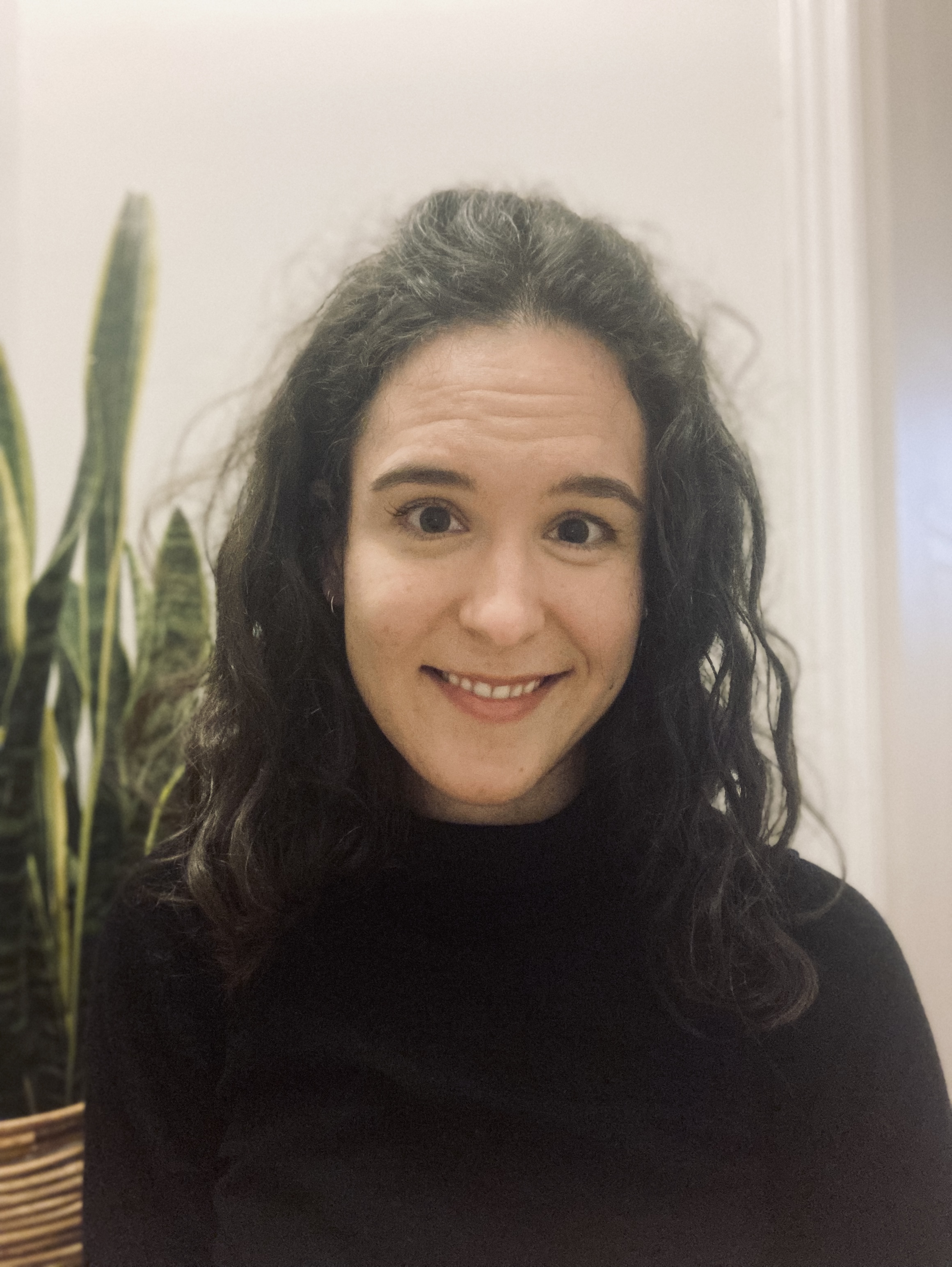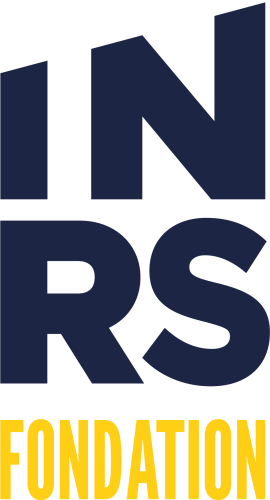Emily Fitzhenry

“For me, this award represents recognition by the scientific community of my perseverance, my ability to synthesize and popularize information, and the contribution of the research project to the advancement of knowledge in the field of in situ rehabilitation.
Emily Fitzhenry
M. Sc. Earth Sciences, 2021
Centre Eau Terre Environnement | Supervisor: Richard Martel | cosupervisor: Thomas Robert
Emily Fitzhenry’s master’s degree addresses a well-documented drawback of in situ remediation technologies that is related to the preferential flow of injected fluids (air, oxidants, bacteria) in high permeability zones. Contaminants contained in less permeable horizons are thus bypassed by the remediation agent and cannot be recovered. The injection of foam produced from surfactant solutions for the rehabilitation of soils contaminated by immiscible organic liquids appears to be a promising method. Her research involved the development of a method to visualize the interior of a diesel-contaminated sand column by CT-Scan, and to quantify fluid saturation during foam injection tests. The methodology developed in this research could be applied to optimize other CT-Scan protocols for studying multi-phase flows involving all kinds of natural materials.
What brought you to INRS?
In the fall of 2014, after graduating from McGill University with a B.Sc. in Geology, I was hired as an environmental professional by an international consulting engineering firm. This job opened my eyes to the field of environmental consulting and led me to travel across Canada. During those early years, when people asked me about my job, they were often impressed when I explained how an environmental characterization was done, or when I described the excavation sites I worked on. These people were all sympathetic to the cause of climate change and environmental damage in general, and I felt that they put me on a pedestal when I told my work stories.
However, underneath it all, I could see that what I was doing in my day-to-day work seemed to run counter to the principles of sustainable development. Private companies, municipalities, governments, or individuals who have to deal with contaminated land are generally looking for a quick and definitive remediation solution. Therefore, I found myself, one project after another, supervising the excavation of contaminated soil, loading it into trucks, and burying it off-site, followed by the trucking in of clean fill material. After four years, a sense of disillusionment began to set in, and I decided I needed a change.
Over time, I had come to learn that several of my colleagues in more technical and specialised positions within the company had obtained their master’s and/or doctoral degrees at INRS. It was when I asked about the academic background of my colleagues that I realised that Prof. Richard Martel had acted as a research director for many of them, and that their research topics were mainly related to contaminant hydrogeology and in situ soil remediation. So, I contacted Richard to ask him if he was looking for a student for a master's project. I definitely wanted to work in his research group, and I wanted to take his course on multiphase flow in porous media given jointly with Prof. René Lefebvre, another expert in the field. So, it was the expertise of the faculty and their links with industry that led me to study at INRS.
What do you retain from your experience?
Thanks to the support of my director Richard Martel and my co-director Thomas Robert, as well as the contribution of the CT scan laboratory team (Mathieu, Philippe, Louis-Frédéric), my research work at INRS led to the publication of two scientific articles, which are a source of pride and great satisfaction. I will also cherish for a very long time the friendships I developed with the other students at INRS.
What does this award mean to you?
My research project has brought its share of challenges and problems to solve. I had lost count of the number of 12-hour days spent alone (pandemic obliges) in our premises at L.I.S.T.E., repeating injection tests in the hope of recovering a diesel bank from the effluent of my column and fighting error messages in Matlab. Furthermore, I am aware that my research topic, linking X-ray tomography and multiphase flow in porous media, can be complex. For this reason, I wanted to include a chapter with an overview of important theoretical concepts and a well-explained literature review in my thesis, to make it more enjoyable to read. For me, this award represents recognition by the scientific community of my perseverance, my ability to synthesize and popularize information, and the contribution of the research project to the advancement of knowledge in the field of in situ rehabilitation.
What is the next chapter for you now that you have graduated?
I am working for a small consulting engineering firm with expertise in situ soil remediation as well as water resource management. It didn't take me long to discover the many advantages of working for an SME. It’s a workplace where human values come first, which fosters a warm and friendly atmosphere. The close collaboration between employees at all levels - so far removed from the bureaucratic hierarchy of large companies - allows me to observe and understand how the company works and makes me feel listened to and even able to influence the decisions that are taken, to some extent. Because of the variety of fields of expertise of senior engineers and hydrogeologists and the learning culture they promote, I get to work on projects that span several sectors, which makes me a more versatile and motivated professional. Thanks to the basics I learned during my training at INRS, I can now interpret long-term pumping tests, contribute to the design and operation of in situ organic phase treatment systems, analyze the vulnerability of drinking water sources, and more. Of course, the job can be very difficult at times, since in the normal course of our activities we are looking for solutions to problems that can be very sensitive (lack of drinking water, contamination of one person's land by another, etc.). But all in all, I recognize that I am very privileged to be in this position.
